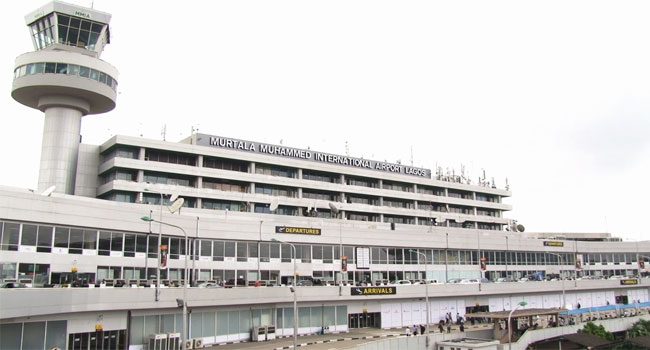James Emejo
In today’s data-driven world, only a few professionals rise above the ordinary to redefine systems, inspire transformation and create lasting impact. One such figure is Benjamin Sisima Ofuru — a visionary statistician whose career reflects innovation, resilience and leadership at the highest level. From his earliest professional roles to his present standing, Ofuru has demonstrated not only technical mastery but also an extraordinary ability to pioneer solutions that raise standards and set benchmarks in statistical practice, data-driven governance and institutional productivity.
Shaping the future of statistical practice
Ofuru’s journey is marked by a consistent drive to bring clarity, efficiency and foresight into statistical work. Over the years, he has reimagined how organizations collect, analyze and use data, ensuring that statistical systems evolve in line with modern realities. By embedding technology into traditional processes, he has championed a shift from outdated methods toward agile, digital-first solutions. His work in building frameworks and methodologies has not only improved institutional performance but also set new benchmarks for evidence-based planning and accountability across Nigeria’s statistical community.
Impact beyond the office walls
While tools and innovations form part of his legacy, Ofuru’s true hallmark is his investment in people. Recognizing that sustainable transformation is powered by human capital, he has organized numerous capacity-building sessions, peer-to-peer trainings, and cross-departmental collaborations, often at no personal gain. Through mentorship and team empowerment, he introduced systems where staff could take ownership of innovations, replicate successes independently and contribute fresh ideas. This culture of shared knowledge and collaborative problem-solving has multiplied his impact well beyond what any individual effort could achieve.
Peers often describe him as a “bank of ideas”, a professional whose energy, creativity and can-do spirit remain undiminished even in the most challenging environment.
A voice of influence and leadership
Ofuru’s career is not confined to institutional reforms; it extends into the wider statistical and development community. He has played pivotal roles at national and continental levels, including serving as Nigeria’s Focal Point for the African Statistical Yearbook (ASYB) and as Coordinator for SHaSA II, responsibilities that underscore the trust placed in his expertise.
He has also contributed to national dialogues, professional conferences and technical meetings, where his insights continue to shape how statistical systems can support governance, development and accountability. These platforms have positioned him as both a thought leader and a bridge between Nigeria’s statistical institutions and the global community.
Recognition and professional distinction
Ofuru’s leadership and service have not gone unnoticed. He received the Outstanding Performance Award (2023), a recognition of his exemplary contributions to institutional transformation. Beyond awards, his reputation as a strategic thinker and innovator has made him a go-to resource for directors, policymakers, and colleagues across multiple agencies who rely on his expertise to navigate complex statistical challenges.
A legacy in the making
Benjamin Sisima Ofuru’s story is one of turning challenges into opportunities, fusing technology with tradition, and advancing the frontiers of statistical excellence in Nigeria and beyond. More than just a statistician, he is an innovator, mentor and thought leader whose influence continues to ripple through the fields of data science, statistical research and institutional development. His journey is a reminder that extraordinary ability, when combined with vision, collaboration and resilience, can inspire transformation across an entire field.
The post Benjamin Sisima Ofuru: Trailblazer in Innovation, Leadership and Statistical Excellence appeared first on THISDAYLIVE.




